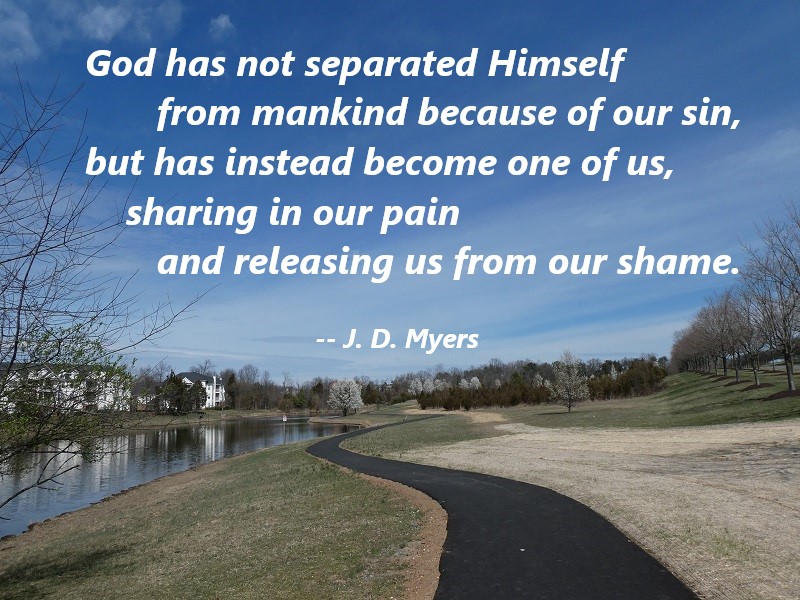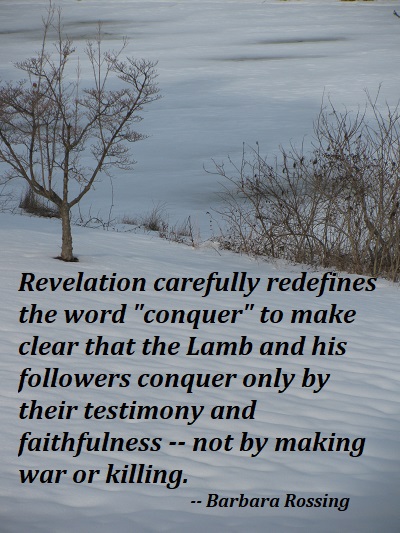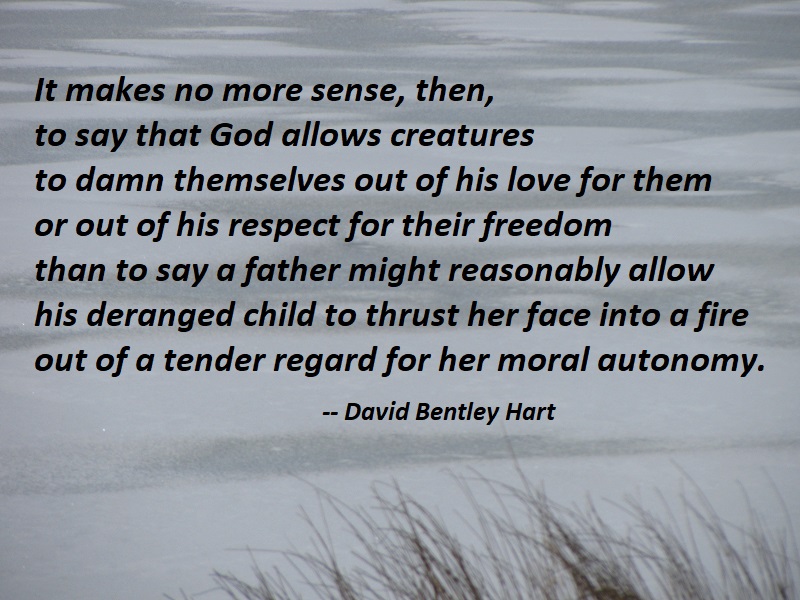Radical Solidarity
The point of the Christian life is not to distinguish oneself from the ungodly, but to stand in radical solidarity with everyone and everything else. This is the full, final, and intended effect of the Incarnation — symbolized by its finality in the cross, which is God’s great act of solidarity instead of judgment. Without a doubt, Jesus perfectly exemplified this seeing, and thus passed it on to the rest of history. This is how we are to imitate Christ, the good Jewish man who saw and called forth the divine in Gentiles like the Syro-Phoenician woman and the Roman centurions who followed him; in Jewish tax collectors who collaborated with the Empire; in zealots who opposed it; in sinners of all stripes; in eunuchs, pagan astrologers, and all those “outside the law.” Jesus had no trouble whatsoever with otherness. In fact, these “lost sheep” found out they were not lost to him at all, and tended to become his best followers.
— Richard Rohr, The Universal Christ, p. 33









